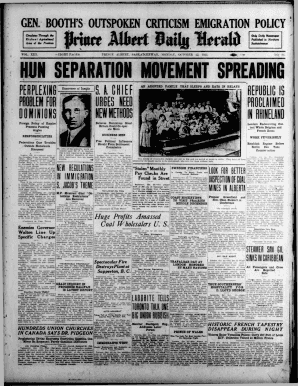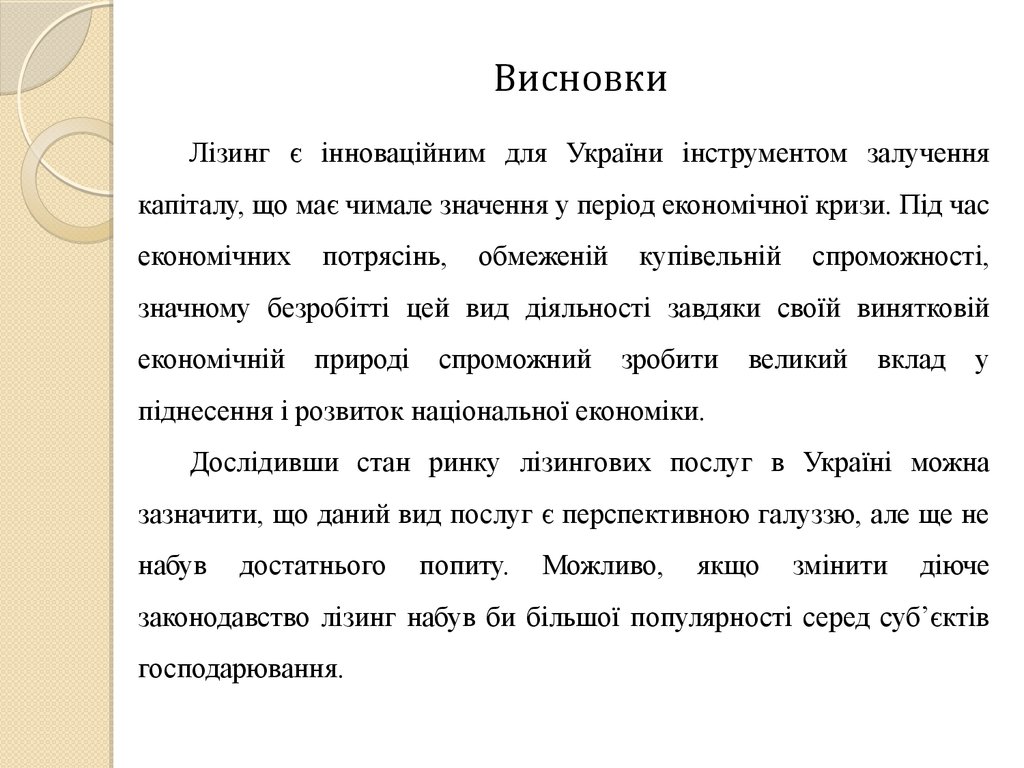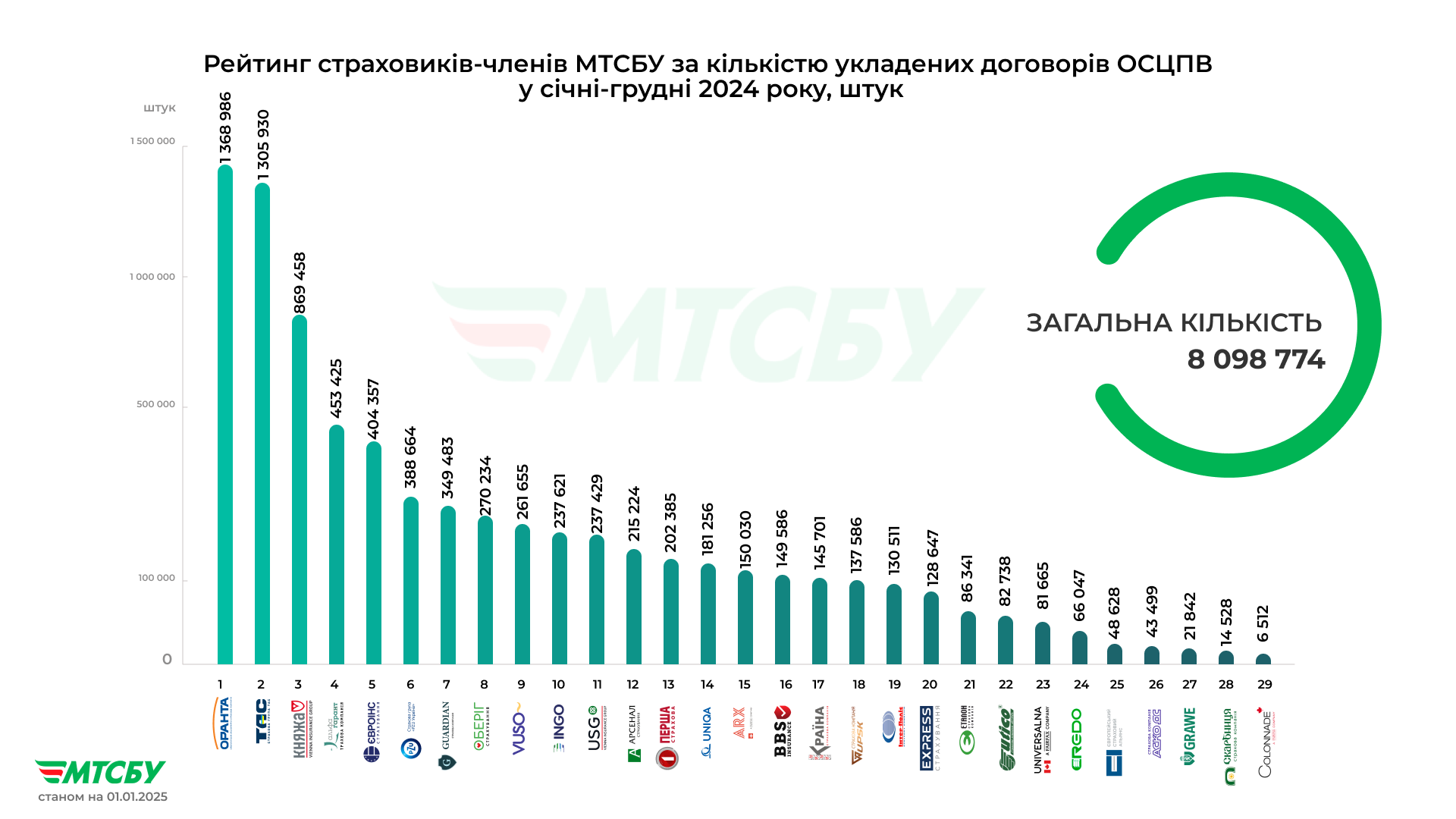The Future Of Saskatchewan: Exploring The Province's Political Identity And The Western Separation Movement

Table of Contents
Historical Context of Saskatchewan's Political Identity
Saskatchewan's relationship with the federal government has been marked by periods of both cooperation and conflict, significantly shaping its current political identity and contributing to the ongoing debate surrounding Saskatchewan separation. The province's history is punctuated by moments where provincial autonomy has been fiercely defended.
- The creation of Saskatchewan as a province: In 1905, Saskatchewan entered Confederation, inheriting a political landscape shaped by the federal government's policies. This initial framework laid the groundwork for future power struggles.
- Key historical events shaping provincial identity: Resource disputes, particularly over control of potash and oil reserves, have consistently strained the relationship between Saskatchewan and the federal government. Agricultural policies, often perceived as favouring other provinces, have also fueled resentment.
- Evolution of Saskatchewan's political parties and their ideologies: The rise and fall of various political parties, reflecting the changing priorities and concerns of Saskatchewan residents, further illuminate the province's unique political trajectory. The influence of agrarian movements and populist sentiments have played a crucial role.
These historical events have fostered a sense of distinct identity and a persistent feeling of being misunderstood or overlooked by the federal government in Ottawa, contributing significantly to the current sentiment surrounding Saskatchewan separation. Prominent figures like Tommy Douglas, the father of Medicare, played a vital role in shaping Saskatchewan's distinct social democratic identity and its history of advocating for greater provincial control.
Economic Factors Fueling the Saskatchewan Separation Movement
Saskatchewan's economy, heavily reliant on resource extraction (potash, oil, uranium) and agriculture, forms a central pillar of the argument for Saskatchewan separation. Many believe the current structure unfairly distributes resource revenues.
- The perceived unfair distribution of resource revenues: Arguments for separation often center on the notion that Saskatchewan's resource wealth disproportionately benefits the federal government, leaving the province with inadequate funds for its own development and infrastructure.
- The impact of federal policies on Saskatchewan's economy: Federal policies regarding resource taxation, environmental regulations, and agricultural subsidies are frequently criticized as detrimental to Saskatchewan's economic interests.
- Economic disparities between Saskatchewan and other Canadian provinces: The perception of economic inequality compared to other provinces fuels the argument that Saskatchewan would prosper more as an independent entity, free from what some perceive as unfair federal policies.
Proponents of Saskatchewan separation argue that economic independence would allow the province to directly control its resources, leading to increased prosperity and improved quality of life. However, critics counter that separation carries significant economic risks, including potential loss of access to federal funding and the challenges of establishing new trade agreements. The economic viability of an independent Saskatchewan remains a hotly debated topic.
Social and Cultural Factors Shaping the Debate
Beyond economic factors, social and cultural considerations significantly contribute to the debate surrounding Saskatchewan separation. A strong sense of regional identity and feelings of Western alienation play a crucial role.
- The unique culture and values of Saskatchewan residents: Saskatchewan boasts a unique cultural identity shaped by its prairie landscape, agricultural heritage, and a distinct social fabric.
- The feeling of disconnect from the federal government in Ottawa: Many Saskatchewan residents feel a disconnect from the federal government, perceiving Ottawa as distant and unresponsive to their needs and concerns. This feeling of being marginalized fuels the desire for greater autonomy.
- The influence of social media and political movements on public opinion: The rise of social media has amplified voices advocating for Saskatchewan separation, creating a platform for disseminating information and mobilizing support.
Separation could have profound impacts on social cohesion within Saskatchewan. While some believe it would strengthen a sense of unity and self-determination, others worry it could create divisions and fracture the province along ideological lines. The diverse perspectives within the province regarding independence highlight the complexity of this issue.
Political Viability of Saskatchewan Separation
The political viability of Saskatchewan separation presents a significant hurdle. Secession would entail immense legal, constitutional, and economic challenges.
- Legal and constitutional implications of separation: The legal process of separating from Canada is complex and would require significant constitutional amendments. Negotiations with the federal government would be crucial, and the outcome is uncertain.
- The economic costs and benefits of independence: The economic costs associated with establishing an independent nation are substantial, including the need to create new institutions, negotiate trade agreements, and potentially establish a new currency.
- The potential international relations implications: An independent Saskatchewan would need to establish its own foreign policy and build relationships with other countries. This would require significant diplomatic effort.
Assessing the likelihood of a successful separation referendum requires careful consideration of public opinion polls and political support. While support for Saskatchewan separation exists, it remains a minority viewpoint. Alternative solutions, such as increased provincial autonomy within the existing federal structure, may offer more pragmatic pathways to address Saskatchewan’s grievances.
Conclusion
The future of Saskatchewan is inextricably linked to the ongoing debate surrounding Saskatchewan separation. The arguments for and against independence are complex, interwoven with historical grievances, economic realities, social dynamics, and political considerations. While support for separation exists, it's crucial to acknowledge the substantial challenges involved. The current political climate reflects a need for continued dialogue and a thorough understanding of the multifaceted nature of this issue. Further research into the intricacies of Saskatchewan separation, including exploring alternative solutions that grant the province more autonomy within Confederation, is essential for finding a path forward that best serves the interests of all Saskatchewan residents.

Featured Posts
-
 College De Clisson Reglementation Et Symboles Religieux
May 22, 2025
College De Clisson Reglementation Et Symboles Religieux
May 22, 2025 -
 Barry Ward Interview Why Hes Often Cast As A Police Officer
May 22, 2025
Barry Ward Interview Why Hes Often Cast As A Police Officer
May 22, 2025 -
 Gbr Top Stories This Weeks Must Buy Groceries A 2 K Quarter And Our Doge Poll Results
May 22, 2025
Gbr Top Stories This Weeks Must Buy Groceries A 2 K Quarter And Our Doge Poll Results
May 22, 2025 -
 Clisson Le Festival Le Bouillon Et Ses Spectacles Engages
May 22, 2025
Clisson Le Festival Le Bouillon Et Ses Spectacles Engages
May 22, 2025 -
 Vybz Kartel Breaks Silence Prison Family And Future Music Plans
May 22, 2025
Vybz Kartel Breaks Silence Prison Family And Future Music Plans
May 22, 2025
Latest Posts
-
 Lideri Finansovogo Sektoru Ukrayini Za Pidsumkami 2024 Roku Reyting Credit Kasa Finako Ukrfinzhitlo Atlani Ta Credit Plus
May 22, 2025
Lideri Finansovogo Sektoru Ukrayini Za Pidsumkami 2024 Roku Reyting Credit Kasa Finako Ukrfinzhitlo Atlani Ta Credit Plus
May 22, 2025 -
 Analiz Finansovikh Pokaznikiv Credit Kasa Finako Ukrfinzhitlo Atlana Ta Credit Plus Sered Naykraschikh U 2024 Rotsi
May 22, 2025
Analiz Finansovikh Pokaznikiv Credit Kasa Finako Ukrfinzhitlo Atlana Ta Credit Plus Sered Naykraschikh U 2024 Rotsi
May 22, 2025 -
 Oglyad Rinku Finansovikh Poslug Ukrayini Credit Kasa Finako Ukrfinzhitlo Atlana Ta Credit Plus U Liderakh
May 22, 2025
Oglyad Rinku Finansovikh Poslug Ukrayini Credit Kasa Finako Ukrfinzhitlo Atlana Ta Credit Plus U Liderakh
May 22, 2025 -
 Finansoviy Reyting 2024 Uspikh Credit Kasa Finako Ukrfinzhitlo Atlani Ta Credit Plus
May 22, 2025
Finansoviy Reyting 2024 Uspikh Credit Kasa Finako Ukrfinzhitlo Atlani Ta Credit Plus
May 22, 2025 -
 Credit Kasa Finako Ukrfinzhitlo Atlana Ta Credit Plus Lideri Finansovogo Rinku Ukrayini U 2024
May 22, 2025
Credit Kasa Finako Ukrfinzhitlo Atlana Ta Credit Plus Lideri Finansovogo Rinku Ukrayini U 2024
May 22, 2025
